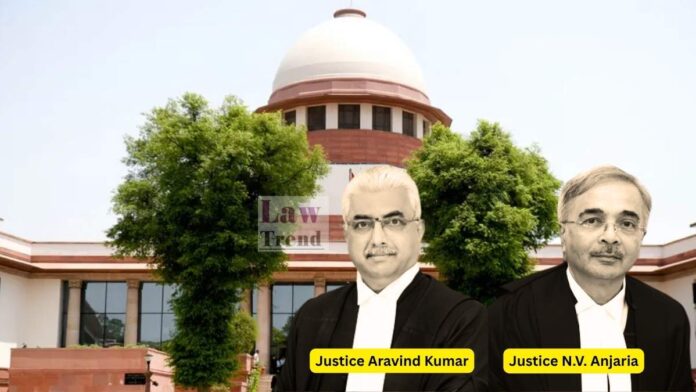The Supreme Court of India, on October 31, 2025, granted anticipatory bail to a petitioner, Sidhan @ Sidharathan, in a criminal case from Kerala. A divisional bench comprising Justice Aravind Kumar and Justice N.V. Anjaria allowed the Special Leave to Appeal, setting aside a Kerala High Court order that had previously denied the bail. The
To Read More Please Subscribe to VIP Membership for Unlimited Access to All the Articles, Download Available Copies of Judgments/Order, Acess to Central/State Bare Acts, Advertisement Free Content, Access to More than 4000 Legal Drafts( Readymade Editable Formats of Suits, Petitions, Writs, Legal Notices, Divorce Petitions, 138 Notices, Bail Applications etc.) in Hindi and English.




